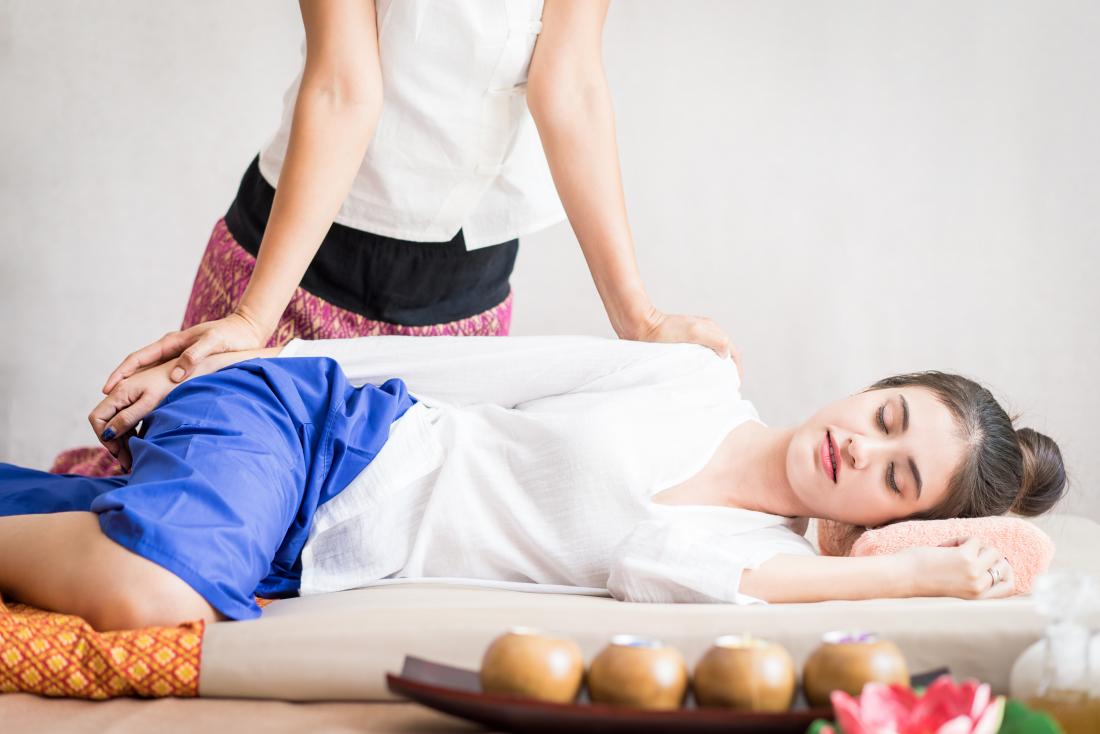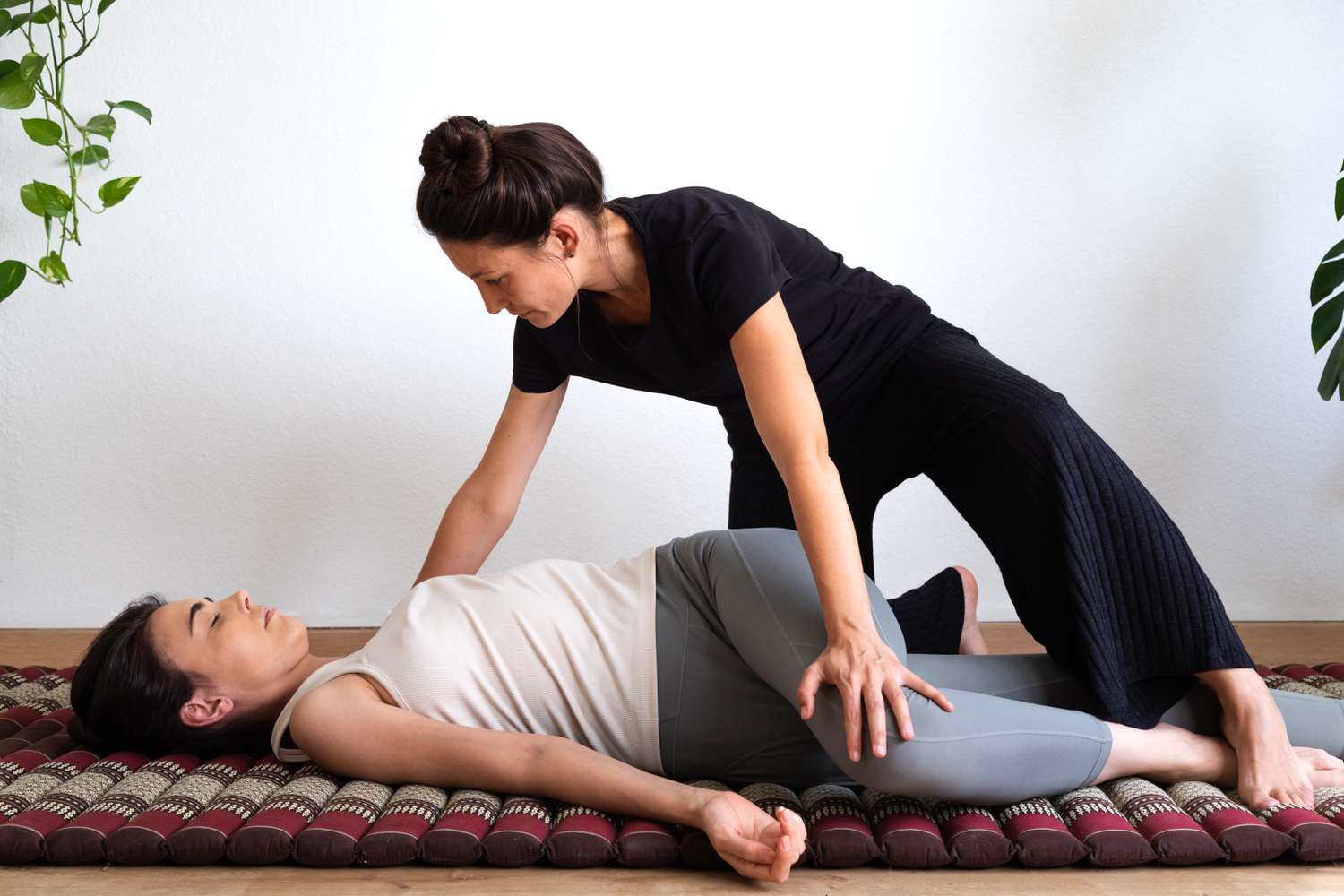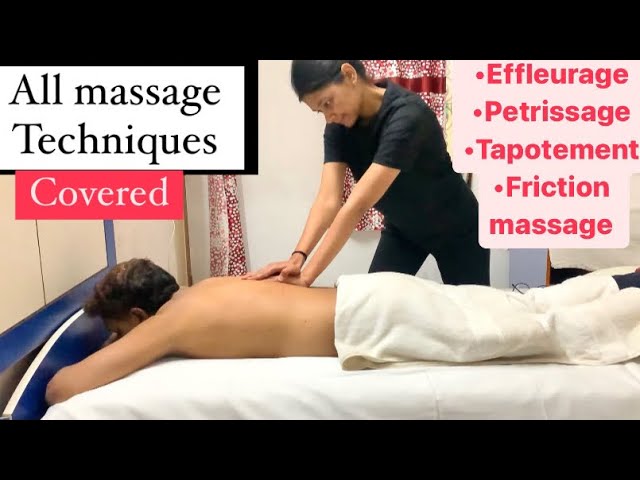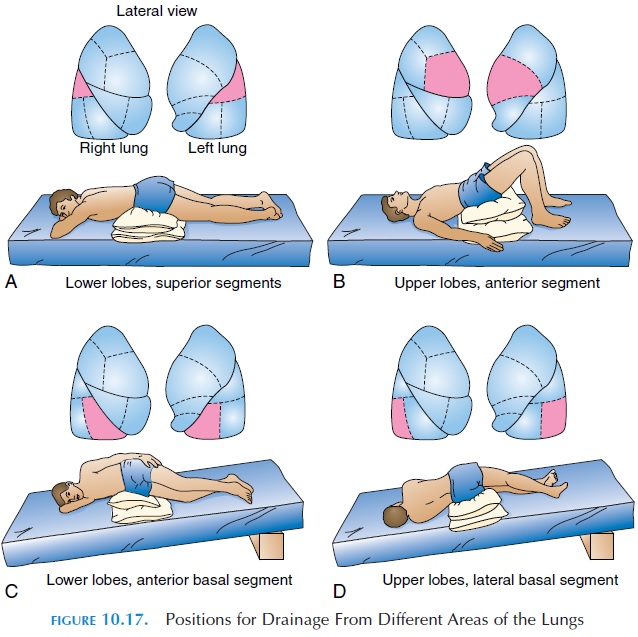It is normal to feel sore after a Thai massage as it involves deep pressure and stretching techniques that may cause muscle soreness. Thai massages can encourage circulation and relieve tension, resulting in temporary discomfort that subsides within a few days.
Thai massage is a traditional healing art that has gained popularity worldwide for its ability to alleviate muscle tension and improve overall well-being. This ancient form of therapy combines acupressure, deep tissue work, and assisted stretching to release tension and promote relaxation.
While the techniques used during a Thai massage can be intense, the benefits often outweigh temporary soreness. Understanding what to expect after a Thai massage can help manage expectations and ensure a positive experience. Let’s explore the reasons behind potential soreness and how to best care for your body post-massage.

Credit: www.healthline.com
Importance Of Soreness After Thai Massage
When it comes to getting a Thai massage, you might wonder whether it’s normal to feel sore afterward. Many people believe that soreness is a sign of an effective massage, while others may worry that it indicates something is wrong. Let’s explore the importance of soreness after a Thai massage and how it relates to muscle release and improved blood circulation.
Connection To Muscle Release
A Thai massage involves deep compression, stretching, and passive yoga-like movements to release tension and facilitate muscle relaxation. The soreness experienced after a Thai massage is often an indication that the muscles have been manipulated and released, allowing for improved flexibility and mobility.
Sign Of Improved Blood Circulation
Aside from muscle release, soreness following a Thai massage can also be a sign of improved blood circulation. The various techniques utilized during the massage stimulate the flow of blood and oxygen to the muscles, which can lead to soreness as the body’s natural healing and recovery processes kick in.
Benefits Of Soreness After A Thai Massage
After a Thai massage, experiencing soreness is considered normal and can actually bring about several benefits to your body. While some may shy away from the idea of feeling sore post-massage, it can actually be a positive sign that the massage has effectively targeted and released tension and stress in your muscles.
Release Of Toxins
The soreness that follows a Thai massage can indicate the release of toxins from the body. As the massage techniques target deep layers of muscle tissue, they promote circulation and lymphatic drainage, helping to flush out toxins and waste products from your system. This can leave you feeling revitalized and rejuvenated, with a renewed sense of energy.
Enhanced Flexibility And Range Of Motion
Soreness after a Thai massage can also lead to enhanced flexibility and improved range of motion. By working on the muscles and joints, the massage helps to reduce stiffness and tension, allowing for better mobility and flexibility. This can be particularly beneficial for athletes or those with sedentary lifestyles, as it can help prevent injury and enhance overall physical performance.
Potential Aftereffects Of Soreness
After a Thai massage, it’s common to experience soreness due to deep pressure and stretching.
Temporary Discomfort
Some clients may feel temporary discomfort in the muscles post-massage which is a normal response.
Precautions For Individuals With Chronic Conditions
Individuals with chronic conditions should consult with a healthcare provider before undergoing a Thai massage.

Credit: www.medicalnewstoday.com
Tips To Manage Soreness Post-thai Massage
After a Thai massage, it’s not uncommon to experience some soreness in your muscles and joints. While this soreness can be a sign that the massage was effective in releasing tension and promoting relaxation, it can also be uncomfortable. However, there are several simple tips you can follow to manage and alleviate this post-massage soreness.
Hydration
One of the most important things you can do to manage post-Thai massage soreness is to stay hydrated. Drinking plenty of water before and after your massage helps flush out toxins from your body and aids in the recovery and repair of your muscles. Aim to drink at least 8 glasses of water throughout the day to keep your body hydrated and promote the healing process.
Gentle Stretching
Another effective way to manage soreness after a Thai massage is through gentle stretching. Engaging in light stretching exercises can help alleviate stiffness, increase blood flow, and reduce muscle soreness. It’s important to start with gentle stretches and avoid any vigorous or intense movements that could cause further discomfort. Focus on stretching the areas that feel particularly sore, gently extending and holding each stretch for 15-30 seconds.
Here are some examples of gentle stretches you can try:
| Stretch | Instructions |
|---|---|
| Hamstring Stretch | Lie on your back with one leg extended. Slowly raise the other leg, keeping it straight, and gently pull it towards your chest using a towel or strap. |
| Neck Stretch | Stand or sit with a straight back. Tilt your head to the side, bringing your ear towards your shoulder. Hold for a few seconds, then switch sides. |
| Quad Stretch | Stand near a wall or use a chair for support. Bend one leg and grab your ankle, bringing your heel towards your buttocks. Hold for a few seconds, then switch legs. |
Remember to listen to your body and only stretch within your comfort zone. If a stretch causes pain or discomfort, stop and seek guidance from a trained professional.
By staying hydrated and incorporating gentle stretching exercises into your routine, you can effectively manage and minimize soreness after a Thai massage. Remember to communicate with your massage therapist about any concerns or questions you have, as they can provide personalized guidance and advice based on your specific needs and preferences.
When To Consult A Professional
While soreness is a common side effect of a Thai massage, it is essential to know when to seek professional advice. If you experience persistent pain beyond 48 hours or unusual symptoms, it’s time to consult a professional. Ignoring these signs could worsen your condition and contribute to more serious issues down the line.
Persistent Pain Beyond 48 Hours
If you find yourself still feeling significant pain more than 48 hours after your Thai massage session, it may be a cause for concern. While some soreness is expected as your body adjusts to the deep tissue manipulation, prolonged discomfort might indicate an underlying problem. It is recommended to consult a professional massage therapist or healthcare provider to evaluate the situation.
Unusual Symptoms
In some cases, you may experience unusual symptoms following a Thai massage that extend beyond typical soreness. These symptoms could include severe bruising, intense swelling, numbness, or tingling sensations. Any sudden, severe, or out-of-the-ordinary symptoms should be taken seriously, and seeking medical attention is crucial to determine the cause and necessary treatment.
In addition, if you notice any new or worsening pain in specific areas of your body after a Thai massage, it’s advisable to reach out to a professional. They can evaluate the situation and help determine if the discomfort is related to the massage or if there may be an underlying issue that requires further attention.
Remember, your body’s response to a Thai massage can vary, and everyone’s pain tolerance is different. However, it is always better to err on the side of caution and consult a professional if you have any concerns about your post-massage experience.

Credit: utahtherapeuticmassage.com
Frequently Asked Questions Of Should You Be Sore After A Thai Massage
Are You Supposed To Feel Sore After Thai Massage?
Yes, it’s common to feel sore after a Thai massage due to deep tissue manipulation.
What Should I Expect After A Thai Massage?
After a Thai massage, you can expect improved flexibility, reduced stress, and heightened relaxation. Your body may feel rejuvenated and your mind calm. Soreness in muscles may occur before feeling better. It is normal to feel thirsty and energized afterward.
What Not To Do After A Thai Massage?
After a Thai massage, avoid heavy meals, alcohol, strenuous exercise, and excessive heat. Opt for light, healthy foods and ample hydration. Refrain from smoking and overstimulation, allowing your body to relax and benefit from the massage.
What Does Thai Massage Do To Your Body?
Thai massage improves circulation, relieves muscle tension, increases flexibility, and promotes relaxation and overall well-being.
Conclusion
Whether or not you should feel sore post-Thai massage may vary. Listen to your body, hydrate, and practice self-care. Embrace the experience for its unique healing benefits. Communicate with your therapist for optimal results. Ultimately, prioritize your well-being and enjoy the journey to relaxation.



